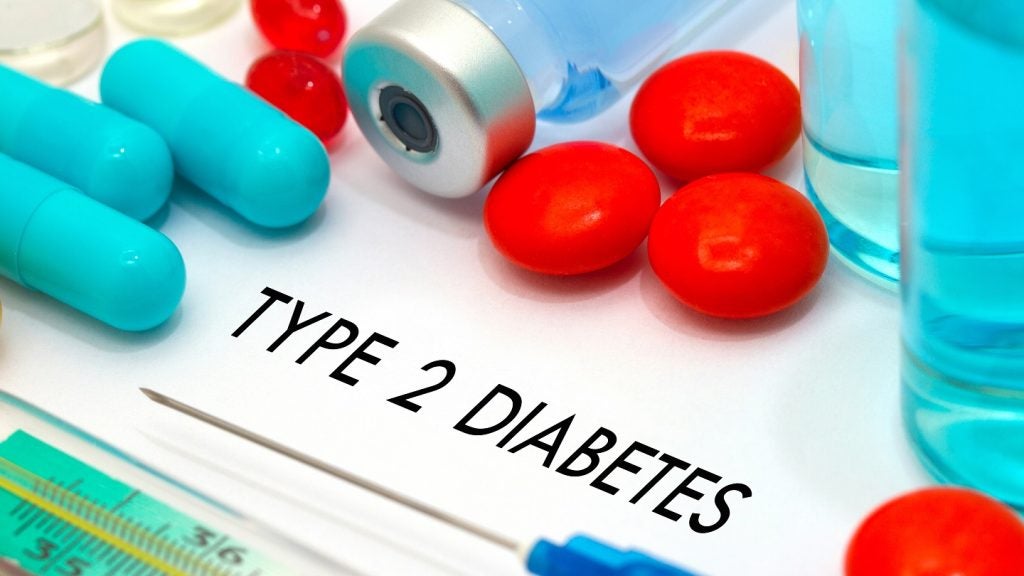An Australian study found that a single intravitreal dose of bevacizumab in combination with mitomycin-C (MMC) improved surgical success following trabeculectomy.
Trabeculectomy surgery is a treatment for glaucoma to lower intraocular pressure (IOP).
Bevacizumab also significantly reduced the need for additional medication or further surgery to achieve the target IOP. Additionally, the therapy was associated with larger and less inflamed blebs (fluid-filled cysts), which required fewer interventions.
Bevacizumab is a large monoclonal antibody that targets vascular endothelial growth factor (VEGF). It was approved as Avastin for multiple oncology indications but has been frequently used as an off-label drug for ophthalmology indications.
MMC is an antitumour drug used in the initial stages of trabeculectomy and prevents postoperative scarring.
Results from the Phase III/IV trabeculectomy study
The double-masked, placebo-controlled trial (ACTRN12614000375651) randomised 131 patients into bevacizumab and placebo cohorts, with 128 patients completing 12 months of follow-up. The study was sponsored by Flinders Medical Centre, Australia.
The primary objective measured treatment success, which was defined as a complete success when IOP remained less than a predefined target IOP without required medication or qualified success when topical medication was needed to meet a predefined target IOP threshold.
At 12 months, success rates were higher in the treatment cohort compared to placebo. Patients treated with bevacizumab achieved 94% and 98% of complete and qualified success, respectively, compared to 83% and 90% in the placebo cohort.
The secondary outcomes evaluated the need for subsequent interventions to lower IOP and structural parameters associated with bleb function.
The requirements for topical therapy at half-year and one-year marks and bleb needling at one month were higher in the placebo cohort. Blebs in the treatment cohort were larger at one month and demonstrated less vessel inflammation.
Bevacizumab in ophthalmology
Roche’s Avastin has been used as an off-label drug for ophthalmology diseases since 2005. It was the most commonly used anti-VEG treatment in the US from 2005 until 2015 amongst patients with Medicare Advantage and private insurance.
Off-label bevacizumab’s popularity in the US can be tied to its low price tag of $70 per dose, compared to Regeneron’s Eylea (aflibercept) and Roche’s Lucentis (ranibizumab) with an average sales price of $1,877 and $1,717 per dose.
However, the anti-VEGF market is likely to change in the upcoming weeks. Outlook Therapeutics is counting down the days as its Lytenava (bevacizumab-vikg) has a Prescription Drug User Fee Act (PDUFA) date on 29 August. If approved, Lytenava will be the first approved bevacizumab for an ophthalmology indication, specifically wet age-related macular degeneration (wet AMD).
After the potential approval, it is unclear if off-label bevacizumab will still be available for patients, which has been the cheapest available treatment so far.














